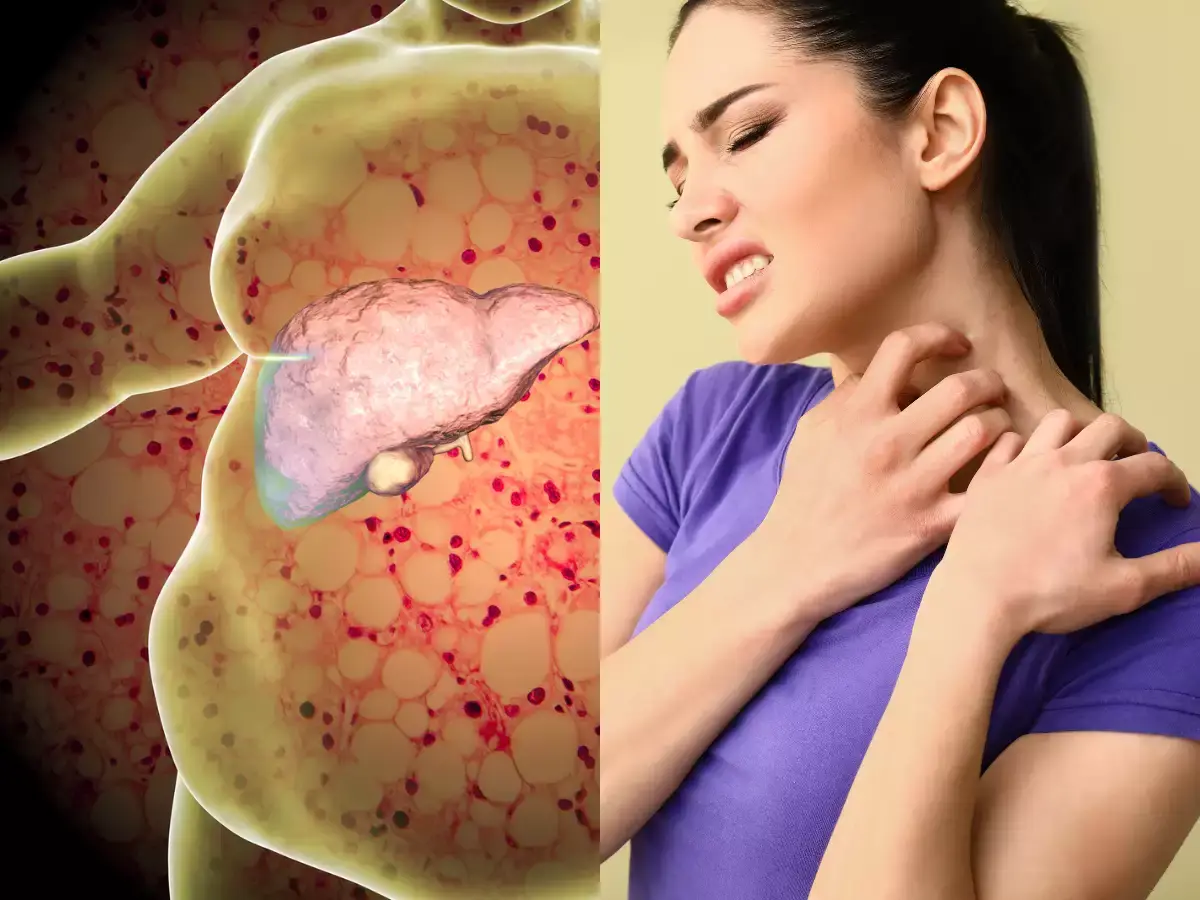The liver is an indispensable organ, executing over 500 vital functions, from detoxifying chemicals to producing important proteins for blood clotting. Central to the liver’s functionality are the liver cells or hepatocytes. With increasing concerns about liver damage due to lifestyle choices, medication, and environmental factors, recent research sheds light on how to maintain liver health. If you’re concerned about liver damage, diving into this research is paramount.
Understanding Liver Cells (Hepatocytes)
Hepatocytes make up 80% of the liver’s volume. Their main roles include:
- Protein Synthesis: Production of albumin, fibrinogen, and globulins.
- Detoxification: Filtering out drugs, alcohol, and other harmful compounds.
- Bile Production: Facilitating digestion and absorption of fats.
- Storage: Storing vitamins, minerals, and sugars for energy.
What Research Says About Liver Damage
Recent studies have delved into the factors leading to liver damage and ways to counteract them:
- Alcohol Consumption: Chronic and heavy drinking remains a primary culprit. Alcohol can cause inflammation and damage to hepatocytes, leading to conditions like fatty liver disease, hepatitis, and cirrhosis.
- Medication Overuse: Some medications, when taken in excessive amounts or over long periods, can be hepatotoxic (harmful to the liver). Regular monitoring and consultation with healthcare professionals are essential.
- Diet & Lifestyle: Diets high in processed foods, sugars, and unhealthy fats can lead to non-alcoholic fatty liver disease (NAFLD). Regular exercise and a balanced diet are pivotal in preventing this.
- Environmental Toxins: Exposure to certain environmental toxins can lead to liver damage. Ensuring you’re in a clean environment and being aware of potential toxins is crucial.
Protecting Your Liver
- Moderation: If you consume alcohol, do so in moderation. Know your limits and stick to them.
- Medication Awareness: Always take medication as prescribed and routinely check liver function if on long-term medication.
- Diet: Incorporate liver-friendly foods into your diet, such as leafy greens, green tea, nuts, and fish rich in Omega-3 fatty acids.
- Regular Check-ups: Regular medical screenings can detect early signs of liver damage, allowing for timely interventions.
- Limit Toxin Exposure: Minimize exposure to harmful chemicals and toxins, both in personal and professional settings.
Conclusion
While the liver has a remarkable capacity to regenerate and heal, chronic damage can impede this ability. Recognizing the factors that can harm hepatocytes and understanding the latest research are pivotal steps in ensuring the health and functionality of this vital organ. After all, protecting your liver is a long-term investment in your overall well-being.
